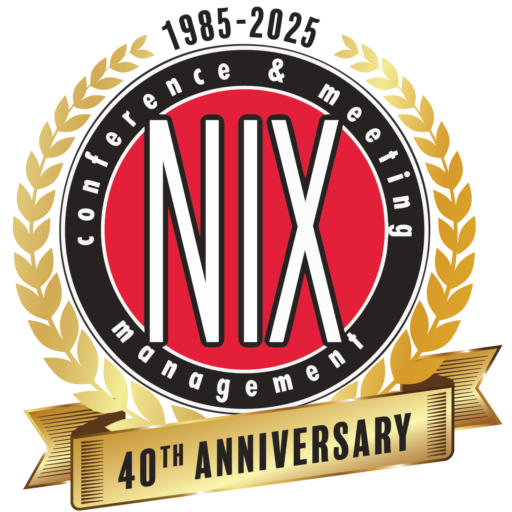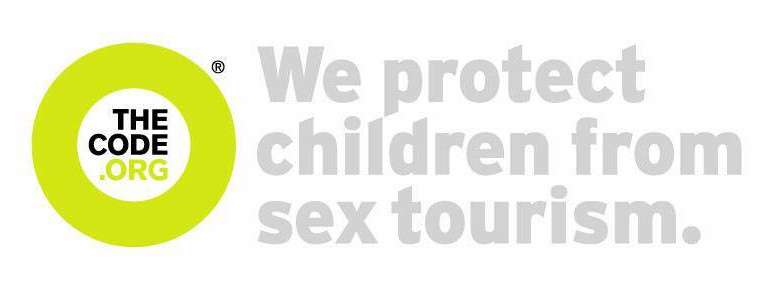How Do Commissions and Discounts Impact Your Bottom Line?
How much is your third-party meeting planner costing you? And how would you know?
The independent conference and meeting planning industry offers a smorgasbord of pricing options – “no cost” site selection, hourly rates, fixed fees and percentage fees based on the total bill.
Plus there are hotel commissions, negotiated discounts and vendor rebates, perks for independent planners that you may not have access to or even know about.
All of which makes it tough to calculate the bottom line and compare apples-to-apples when hiring an independent meeting planner.
“Many people are confused about the cost and value of meeting planning services,” said Molly Hackett, co-owner of Nix Conference & Meeting Management.
Corporate meeting planners often are unaware of the huge impact that the commissions and discounts given to planners have on the bottom line, Hackett said. That oversight can cost them big dollars.
“A corporate meeting planner may agree in principle with a site selection firm keeping hotel commissions, but they’re shocked when we calculate the true cost to their bottom line.”
Some planners charge a fixed fee-for-service but rebate all hotel and vendor commissions back to their clients. That rebate check offsets and often completely covers the firm’s fees, especially for larger events.
“Getting commissions returned to us is a very important part of our conference planning and budgeting,” said Bobbi Besley, business manager for the Resource Center for Religious Institutes (RCRI), a Nix client. “Without those commission rebates, we would have to increase the cost of our conference and that would negatively affect attendance.”
So how do you determine how much third-party planning services will actually cost? And what should you get for your money?
Read the Fine Print
First, consider the pricing models when reviewing bids. Each approach delivers a different bottom line cost, and the numbers may surprise you. Ask for sample contracts. Some planners clearly state how commissions and discounts are handled, while others ignore the subject altogether. “Third-party meeting planners should be willing to discuss all costs up front, including commissions and discounts,” said Susannah Porr, executive director of the National Association of Steel Pipe Distributors, which uses Nix for their events. “They should show you all receipts and tell you exactly what you’re paying. If they’re resistant, you might look elsewhere.”
Porr learned that lesson the hard way. A destination management company quoted her a $10,000 room rental fee at a diners club. Suspicious, Porr decided to call the club and inquire about the fee.
“Turns out there was no rental fee,” said Porr. “The planner was charging us their entire annual membership dues for a one-night event.”
The following are typical fee models and services offered by meeting planning firms:
“No Cost” Site Selection Firm
This may sound like a great deal but the firm collects a commission from the hotel based on the total sleeping room revenue, which may reduce their incentive to negotiate room rate discounts. Plus once they’ve booked the hotel, the site selection firm typically provides no other services.
Percentage Fee
A fee based on a percentage of total cost (typically 10% to 30% depending on services) is fairly transparent since the planner will have to share a cost breakdown but this approach may create a disincentive for cost saving.
Carol Galle, CMP, President and CEO of Special D Events, considered this pricing structure when she founded her company back in 1992, but immediately ruled it out. “I would never make a purchase this way, so I couldn’t imagine pricing our services this way. The more money that the client spends, the more the planner makes. I just couldn’t see myself making that offer to a client.”
Hourly Fee
Hiring a planning firm by the hour for specific services offers flexibility, but consider setting a not-to-exceed budget. Also ask whether the firm will rebate hotel commissions and vendor discounts to you. If not, you’ll likely pay their fee plus those hidden costs. “Pricing based on an hourly fee is the most transparent option,” Galle says. “The planner must account for every hour spent, and the client knows exactly what services are being provided.”
Fixed Fee
Setting a fixed fee-for-services based on the number of days, attendees and services takes up-front planning and coordination but provides a firm projection of costs. Again, if commissions and discounts are rebated, you’ll save many thousands of dollars, possibly even more than the planning firm’s fee.
Compare Services
In addition to comparing fees, consider the services offered. Does the planner simply book a site and choose meals? Or do they negotiate contracts, manage budgets, select vendors, provide onsite staff, plan and manage offsite events?
“Even if we paid our planner’s entire fee [without a rebate check], it would be a great value based on what they do for us,” said Porr. “They research hotels, negotiate rates, provide a person onsite, coordinate activities. It’s like having another staff person for much less than we could ever afford to pay one.”
Also ask if your planner implements financial controls and audits the final bills. That last step can save an additional 3% to 5%, according to Hackett.
“We were paying more than we needed to,” said Sister Sharon Euart, executive coordinator for Canon Law Society of America. “Now the commission rebate keeps us in the black most years. Plus, we were giving cash tips during meetings, which was hard to track. Now everything is on a master account audited by Nix.”
Experience Counts
A firm that manages hundreds of events a year may have greater leverage and negotiation skills than one that plans just a few. Also consider the level of personal service the firm will provide, and ask for references.
“If you are paying by the hour, it’s important to consider the planner’s level of expertise,” said Kyle Rondeau, event manager at Nielsen and client of Special D Events. “While a more experienced planner’s rate may be higher, they may take less time to manage a meeting than a less experienced planner. So, the more experienced planner may turn out to be the best value.”
Once you hire a planner, request a detailed timeline and budget. And remember, a planning firm has the greatest influence on the final bill when you involve them early in the negotiations and financial issues. It’s much more difficult to “fix” a contract that was signed months ago.
Nix Conference & Meeting Management, based in St. Louis, manages meetings, conferences and trade shows for associations, religious organizations, businesses and nonprofits. Nix has managed events on four continents and in 17 countries since 1985. For more information, call (314) 645-1455 or visit dhd.064.myftpupload.com.
Midwest Meetings ©May 2014

